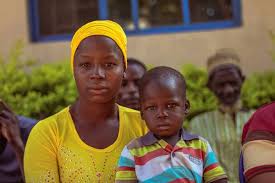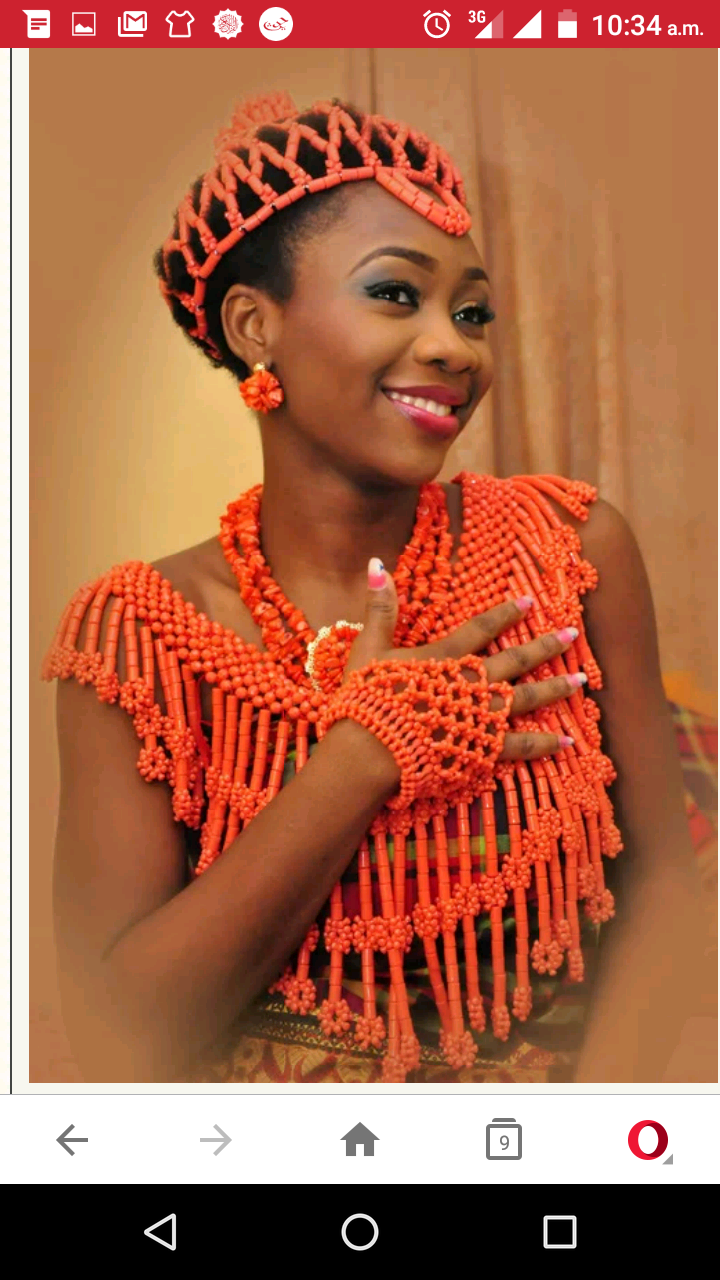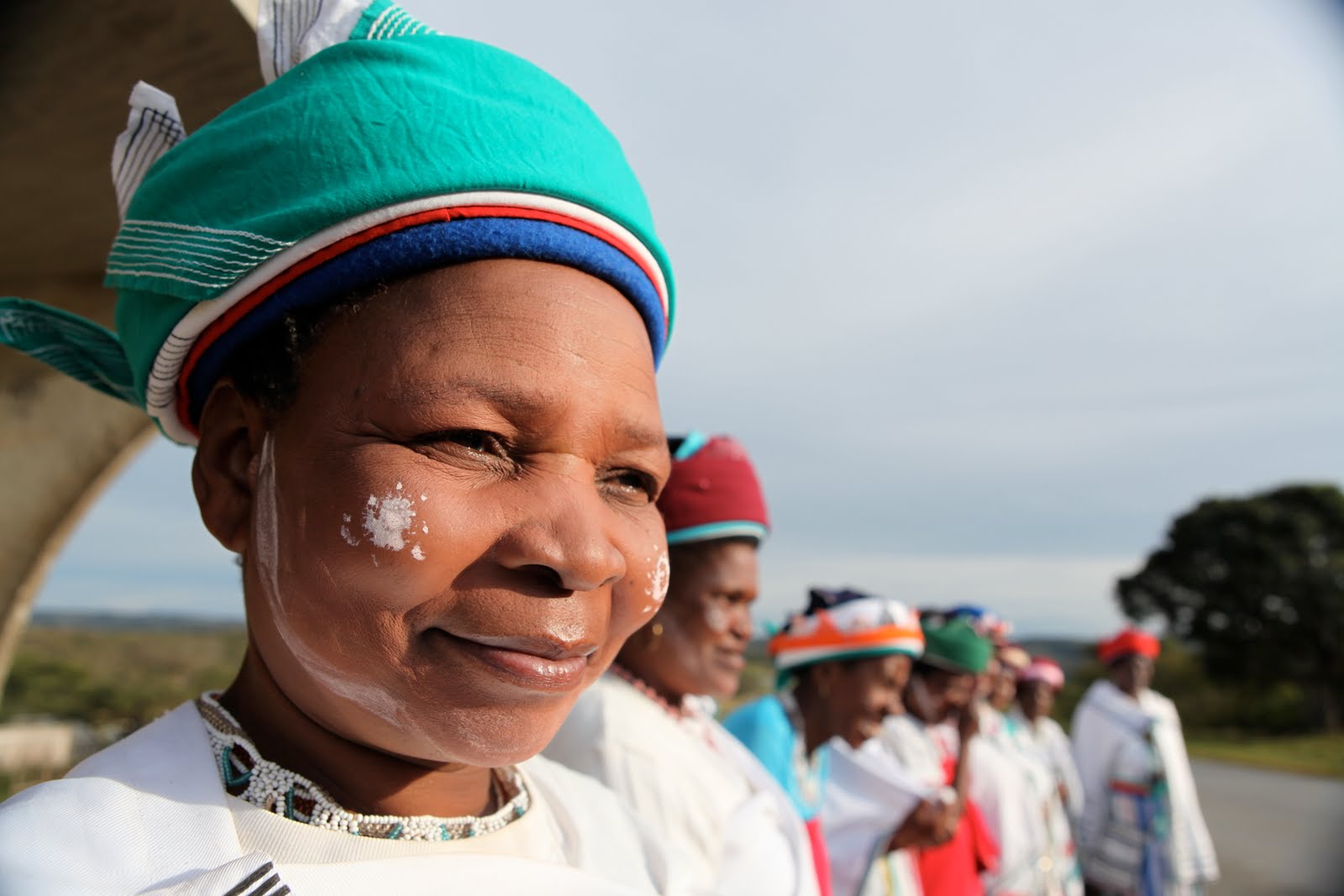Edo Proverbs

Description
Edo State is home to several ethnic groups, including the Bini, Esan, Afemai, and others. Proverbs from Edo State reflect the wisdom, values, and cultural heritage of these groups. Here are some proverbs commonly used among the Edo-speaking people:
Omo na gba shi ukoko, o vha mi eseke a rhue
Translation: A child on the back doesn�t find a fortune.
Meaning: You have to leave your comfort zone to achieve success.
Erhali o ka to se omo a, o mi ewuen na
Translation: A child once scalded by fire gets scared of ashes.
Meaning: Experience is the best teacher.
Ogbe no gbe, la a mase a a na
Translation: One can only plan for a day that has come.
Meaning: Learn to make do with what you have.
A gha ye omo ku a ghi mhu gi enibie ore
Translation: After playing with a child, give them back to their parents.
Meaning: Never be hyper-fixated on what doesn�t belong to you.
Obo oguo o vha guese ache
Translation: One hand can�t cover the pot.
Meaning: Learn to seek help from others.
Ai kha me ovbie orimwin ighe oma he erha vbi iye se
Translation: You don�t tell the children of the deceased that they didn�t bury their parents properly.
Meaning: Don�t remind people who are hurt about their problems.
A khe li omo o de e de, oli gbaga
Translation: When a child is cautioned, they should heed such.
Meaning: It�s important to heed warnings when you get them.
Ai vben ekpo mase no fien uvun
Translation: Not having a pocket is better than having one with holes.
Meaning: What�s worth doing is worth doing well.
Erokhi ma mien ebe,ele
Translation: If the chameleon doesn�t see danger, it won�t run.
Meaning: There�s a reason for everything.
Omo na gba shi ukoko, o vha yese khi ode oki o nue
Translation: A child carried on the back doesn�t realise the road to the market is far.
Meaning: Ignorance is bliss.
Okhiami o la a gbe ima ghue le
Translation: One�s stomach could be full even when they�re hungry.
Meaning: You can keep a clear mind even in chaos.
Omo o wa lewe, lo rhi okholi gbe enejo
Translation: That a child isn�t entitled to eat kolanut is why the elderly were captured on the battlefield.
Meaning: Don�t be quick to disregard the opinions of those you dim beneath you.
Agbon ghi salo
Translation: There�s not enough time to use the world.
Meaning: Tomorrow isn�t promised. Do what you want today.
Omo o kha khii le dobe tu agami aa lue, a wuon wen naali
Translation: If a child insists they can swallow an axe, simply hold it for them.
Meaning: Sometimes, let people learn from their mistakes.
Omo o ka khi le a mhuo li ogbo, a a lu o omi olimhi
Translation: A child who fails to appreciate their family is treated as an orphan.
Meaning: Learn to cherish what you have.
"Aghagha no da usukhure, owan le no egho.
"Translation: "The stubborn fly follows the corpse to the grave.
"Meaning: This proverb warns against being obstinate or refusing to heed advice, as it can lead to one's downfall.
"Okhuo ro ne mie enya ye, o gb�enohen no khin emwan.
"Translation: "The person who wants to harvest the palm fruit must climb the tree.
"Meaning: This highlights the need for effort and determination to achieve one�s goals.
"Ovbokhan evbo ghama da, ukho n�ode ko.
"Translation: "The child who does not travel thinks his mother's soup is the best.
"Meaning: This proverb teaches that those who have not experienced the world often think their own way is superior, emphasizing the importance of exposure and learning from others.
"Agbonran gbe agbonran, o da ne okhon.
"Translation: "A crab does not beget a bird.
"Meaning: This proverb suggests that people tend to resemble their origins or roots, either in behavior or characteristics.
"Oyo o rhuo oma, o rh�ukhu edohen.
"Translation: "The wind that brought the fish to shore will take it back to the sea.
"Meaning: This proverb emphasizes the transitory nature of fortune or situations and warns against complacency.
"Ivbi�egho obo no rre, oghe le gha rie.
Translation: The hand that gives is the one that receives.
Meaning: This teaches the value of generosity, implying that giving to others often leads to blessings in return.
"Oba gha to k�ogho, orhion lo rrin.
"Translation: "The king�s word is law.
"Meaning: This emphasizes the authority of the ruler or leader and the importance of respecting their decisions.
"Okhuo le yo dan gben, no gbo ogie.
"Translation: "The person who will eat pepper must first remove the seeds.
"Meaning: This suggests that one must prepare adequately and be ready to face challenges if they want to achieve something significant.
"Ukpukpe ma ya rra obo no ma rrho.
"Translation: "A bird that perches too long on a tree will attract stones.
"Meaning: This warns against overstaying one�s welcome or being too complacent, as it may lead to trouble.
"Okhuo no re� Ise na ose, oghene no ghi omwan le.
"Translation: "The person who wants to shoot an arrow must pull the string backward.
"Meaning: This proverb teaches that sometimes you need to take a step back or exert extra effort to achieve forward progress.

Opdwodowkdwiidwok djwkqdwqofhjqwlsqj jfkmclasdkjfjewlfjkwkdjoiqw fnedkwdkowfwhi jiowjiowhfiwkj rohriowjropwjrofwjrijeiwo edostatearchives.org
Opdwodowkdwiidwok djwkqdwqofhjqwlsqj jfkmclasdkjfjewlfjkwkdjoiqw fnedkwdkowfwhi jiowjiowhfiwkj rohriowjropwjrofwjrijeiwo edostatearchives.org
.png)
.png)

